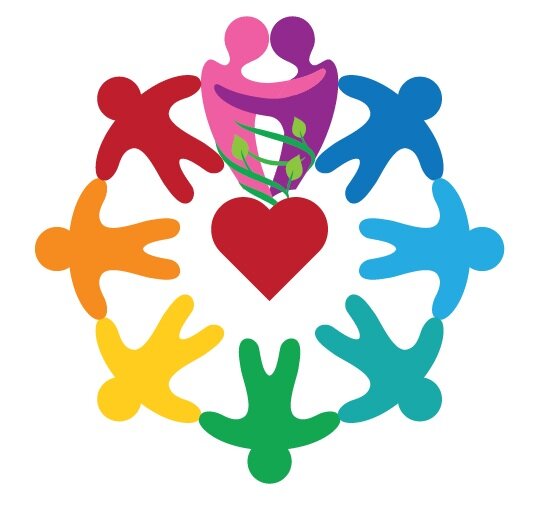The Journey Into Sex Positive Parenting
As sex positive parents we work hard to protect our kids from abuse and assault by having open and honest conversations, providing them with accurate sexual health information and enforcing that they are in control of what goes “ in or on their body”. Yet, this message gets really confusing when we expect them to hug Aunt Betty and Uncle Johnny; sit on Santa’s lap and finish the food on their plate. Layers of conditioning run deep. The first step to change is awareness of this conditioning and the mixed messages we give our children.
Although incredibly rewarding, parenting is tough. Not only is it challenging to sift through the vast amounts of information out there to determine what is accurate and appropriate, but it is also takes work to remain curious to different ways of role modelling.
What if you could go back and talk to the younger version of yourself? What would you say? What would you want to know? What do you feel would have made a difference in your life sexually?
Often the biggest challenge is being open to observing how our individual stories have shaped us and the decisions we make with our kids. Unlearning is critical to re-learning. What is your relationship with your body, with pleasure and acceptance? How do you communicate your needs?
Growing up, I had very limited education and sex positive information. Most of my learning came from the mixed messages I received in my home and at school and from whatever I could get my hands on, literally.
Here are the top ten things I wish I had of learned about growing up and to which I strive to teach my child:
Masturbation/self-pleasure is a natural and healthy way in the privacy of your own space to get to know your body.
Lifestyle choices are critical to hormonal balance – exercise, sleep, dietary choices and mindfulness.
My body, my choice –I decide what I like and I can also ask for what I want. Consent is non-negotiable.
You don’t have to like everything. Be free of sexual expectations and in turn, do not inflict sexual expectations on others. We are all unique and despite the media messages that contribute to us feeling pressured to love everything sexually, it is more than okay if we don’t.
Sex does not operate exclusively – it involves a delicate mix of our body, mind, emotions and spiritual connection.
Sex is not about performance (despite societal messages that indicate it is). Sex is about sensation; sex is about connection and belonging, sex is so much more than performance!
Pleasure matters. We are each responsible for our own sexuality and pleasure. This requires practice and vulnerability but communication in a relationship is key.
Arousal happens in the brain first. Often women feel the need for safety first before desire can build.
How you feel about yourself is going to affect your relationship with another person in a sexual capacity.
We are every changing. The journey of learning never stops!
Sex Positive Parenting is equally about us as parents maneuvering through our stories, determining our values and being conscious to ingrained messages that are no longer serving us and our families.
Always in support of you and your journey…


